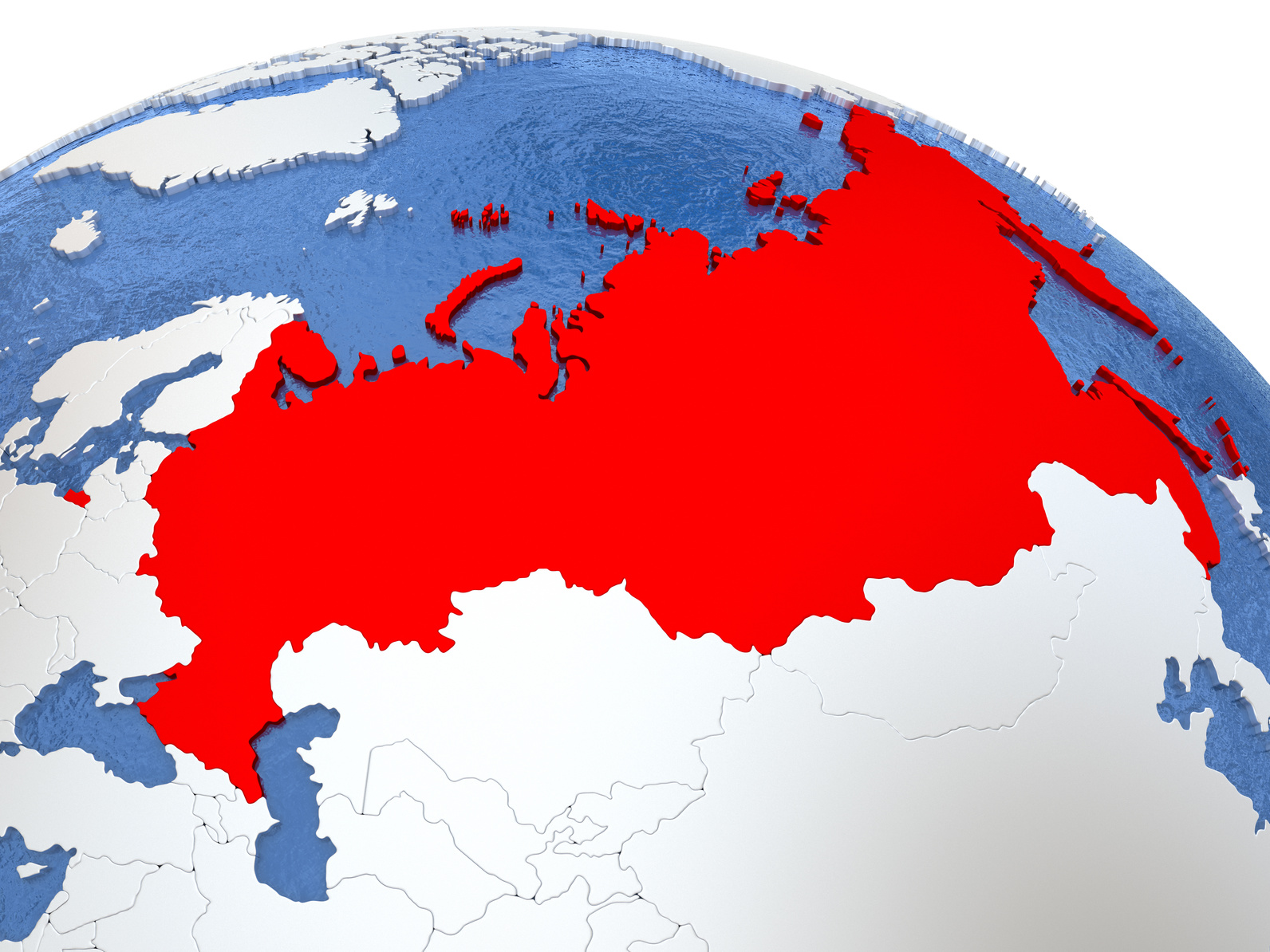
Reporting today by the BBC, in conjunction with Finance Uncovered and the Seychelles Broadcasting Corporation, has found that Alpha Consulting, a Seychelles-based firm, has helped Russian officials to sidestep sanctions instituted before and since their country’s invasion of Ukraine.
Delfi dealings
The investigation found that Alpha Consulting developed partnerships with a variety of officials from Russia including some of President Vladimir Putin’s ‘inner circle’.
The limited partnerships were also used to obscure the ownership of assets including a sanctions-busting oil tanker, the Delfi, which was wrecked off the coast of Ukraine of 2019, triggering an oil spill.
The owner of the tanker was listed as ‘Mister Drake PC’, a Cardiff-based limited partnership, which in turn was part-owned by Luther Denis.
Denis, the investigation suggests, is a ‘sham partner’ provided by Alpha Consulting. He’s among several partners listed on the consultancy’s documents who often appear to know little about the firms to which they are attached.
Further research found that the real owner of Mister Drake PC was Alla Kovtunova, the mother of a politician from a banned pro-Russian party in Ukraine.
A fine issued over the oil spill by the Ukrainian authorities remains unpaid, as Mister Drake PC’s owner was not able to be identified.
Sanctions busting
A further eight firms that have previously owned ships were connected to Alpha Consulting by the investigation.
One ship, the Ostra, was identified as breaching sanctions against Syria’s government in 2019. The ship’s owner Rustanker, a Russian firm, was later sanctioned itself for dodging a ban on shipping Venezuelan oil.
It was after the implementation of these sanctions that the ship was registered under the ownership of another firm linked to Luther Denis, Cilkon PC, in an apparent cover-up of its ownership by the sanctioned firm, according to the BBC’s report.
Neither Rustanker nor Cilkon responded to BBC requests for comment.
Beratex machinations
The system employed by Alpha Consulting to disguise this and other sanctions exploited a loophole in UK law that was also used to obscure alleged fraud as well as an illegal essay mill.
One company who used Alpha’s services was Beratex, which was sanctioned by the US in 2019 for acting as a front company designed to conceal the ownership of a private jet and yacht belonging to former Wagner Group leader Yevgeny Prigozhin.
House of Lords Liberal Democrat Treasury spokesperson Baroness Kramer said the government “certainly is aware” of the loophole.
“It can’t even be called a loophole — it’s so wide, you can drive an oil tanker through it.”
Lloyd’s List Intelligence analyst Michelle Wiese Bockmann explained that the process of dodging sanctions often also required ships to switch off their trackers.
“[Ships] go dark in order to deceive, evade, and keep one step ahead of any regulatory authorities that are monitoring these vessels.”
The IOE&IT perspective
Samantha Hodgkins, customs consultant with the Institute of Export and International Trade (IOE&IT), notes that “this is not the first time we’ve heard of sanctions against Russia being breached.”
In August this year, Hodgkins explains, HMRC issued a £1m fine to a UK company for the unlicensed trade of goods in breach of The Russian (Sanctions) (EU Exit) Regulations 2019.
The UK government has sanctioned over 96% of UK-Russian trade, totalling over £20bn and have promised an additional £50m in funding to improve enforcement of the UK's sanctions regime.
Hodgkins argues that “identifying the loopholes is an important step to closing them,” and that understanding the implication of breaking sanctions is important for companies.
"They need to understand the ramifications of their business actions when they choose to breach sanctions.
“There are risks to businesses’ reputations and their ability to export, as well as large fines and indeed custodial sentences, but there is also a human cost to normal people.
“I expect to see an increase in the number of businesses being fined by HMRC in the coming months."


